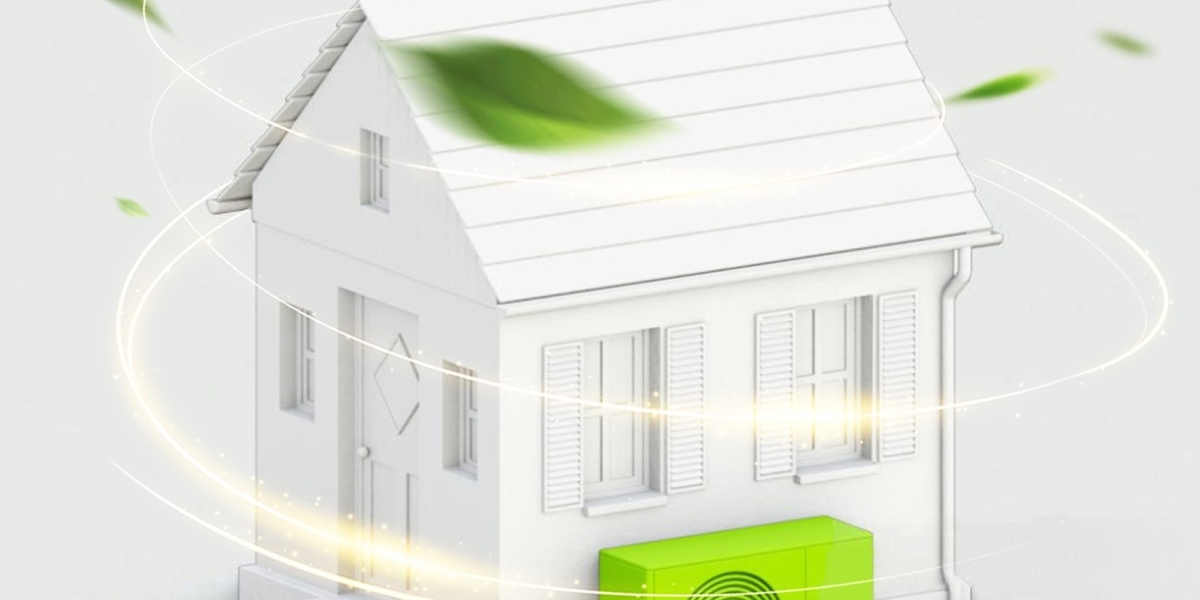The colors you decide on can have a big impact on establishing a cozy and welcoming ambiance in your house. Interior design aesthetics are unquestionably vital, but it's also critical to take the psychological effects of color into account. In order to improve the ambience of your living spaces, color psychology, the study of how colors can affect human behavior and emotions, can be a potent tool. This blog will examine color psychology and how you may apply it to design a warm and welcoming home.
The Basics of Color Psychology
Color psychology is a fascinating field that examines how different colors can affect our moods, emotions, and even our physical well-being. Each color carries its own set of psychological attributes, making it important to choose the right colors for various rooms in your home.
Red: Passion and Energy
Red is a dynamic and attention-grabbing color. It's associated with passion, energy, and excitement. In your home, consider using red in spaces where you want to promote conversation and sociability, such as the dining room or living room. However, too much red can be overwhelming, so use it as an accent color rather than the dominant one.
Blue: Serenity and Calm
Blue is often linked to feelings of calm and relaxation. It's an excellent choice for bedrooms and bathrooms where you want to create a soothing atmosphere. Light blues can make a space feel more open, while darker blues can add a sense of depth and coziness.
Yellow: Cheerfulness and Optimism
Yellow is a bright and cheerful color that can promote feelings of happiness and optimism. It's a great choice for kitchens, dining areas, and spaces where you want to encourage creativity and communication. Be mindful of the shade of yellow you choose; too intense a yellow can be overwhelming.
Green: Balance and Harmony
Green is associated with nature, balance, and harmony. It's an excellent choice for living rooms, bedrooms, and home offices, as it can help reduce stress and promote a sense of well-being. Green can also be used as an accent color to bring a touch of the outdoors inside.
Purple: Luxury and Creativity
Purple is often linked to feelings of luxury, creativity, and spirituality. It's an excellent choice for bedrooms and spaces where you want to inspire creativity and imagination. Light purple hues can create a soft and romantic atmosphere, while deep purples can add a sense of richness and opulence.
Neutral Colors: Versatility and Sophistication
Neutral colors such as white, gray, and beige provide a blank canvas for your home's decor. They can create a sense of sophistication and elegance. Neutrals are perfect for creating a timeless backdrop and can be combined with accent colors to add variety and personality to your space.
Applying Color Psychology in Your Home
Now that you have a basic understanding of how different colors can affect the ambiance of your home, let's discuss how to apply this knowledge effectively.
Consider the Room's Function: Think about the primary function of each room and how you want people to feel in that space. Choose colors that align with those goals.
Create a Color Palette: Select a color palette for your entire home that consists of a few main colors and a couple of accent colors. This will create a cohesive and harmonious feel throughout your living spaces, including your choice of colors for your air source heat pump and fan coil. For instance, air source heat pumps and fan coils often come in various colors, so consider how these appliance colors fit into your overall color scheme. If your air source heat pump and fan coil units are predominantly white or gray, ensure that they harmonize with the chosen color palette for your home. This integration can contribute to a unified and comfortable atmosphere in your living spaces.
Balance Warm and Cool Colors: A balanced combination of warm and cool colors can create a sense of equilibrium in your home. For instance, if your kitchen appliances are predominantly stainless steel (cool), you might balance this with warm-colored walls or decor to create a welcoming and balanced atmosphere.
Experiment with Accents: Don't be afraid to experiment with accent colors in your decor, such as throw pillows, artwork, or accessories. These accents can complement the color of your home appliances and inject energy and personality into a room.
Consider Lighting: The amount and type of lighting in a room can also influence how colors, including the color of your home appliances, are perceived. Natural light can enhance the appearance of appliance colors, while soft, warm artificial lighting can create a cozy and comforting atmosphere.
Personalize Your Space: Ultimately, your home should reflect your personal style and preferences. While color psychology provides valuable insights, it's important to choose colors that resonate with you, fit well with the color of your home appliances, and make you feel at ease. This personal touch can help your home feel truly comfortable and inviting.
Conclusion: Elevating Your Home's Ambiance through the Psychology of Color
Your home is more than just a physical space; it's a sanctuary where you can escape the demands of the outside world, relax, and recharge. The psychology of color plays a pivotal role in shaping the ambiance of your living spaces, ensuring that they become not just aesthetically pleasing but also comfortable and inviting. As we conclude our exploration of color psychology in home design, let's delve into the finer details that can help you achieve this harmony.
The Personal Touch
While color psychology provides valuable guidelines, it's essential to remember that your home should reflect your unique personality, style, and preferences. Your space should tell your story, and the colors you choose should resonate with you on a personal level. When selecting colors for your walls, furnishings, and decor, consider how they make you feel. If a specific color evokes positive emotions or associations for you, it's a good indication that it belongs in your home.
Synergy of Color
To create a truly harmonious living environment, it's crucial to think about how all the elements come together. Your color palette, including the hues of walls, furniture, and decor, should form a unified and coherent whole. This includes not only traditional interior elements but also often overlooked ones, such as the color of your home appliances, air source heat pump, and fan coil units. Consider how these elements can either blend seamlessly or provide contrast to enhance the overall aesthetic and comfort of your home. Currently, there is a wide variety of air source heat pumps and fan coils available in the market. When choosing the colors for these household appliances, it is advisable to pay more attention to different heat pump suppliers or heat pump manufacturers.
Lighting Magic
The magic of color doesn't operate in isolation. The lighting in your home can significantly affect how colors are perceived. Natural light can accentuate the vibrancy of colors, making them come alive. Alternatively, soft, warm artificial lighting can create a cozy and comforting atmosphere, making your space feel like a warm embrace. Be mindful of how the interplay of light and color can amplify the desired ambiance.
Adaptation Over Time
You don't have a fixed relationship with your house's colors. Your requirements and tastes may vary as your life changes. Don't be scared to change the color palette in your house as necessary. Your living spaces can be revitalized with a new coat of paint or a few accent pieces, ensuring they continue to offer the comfort and emotional resonance you desire.
In summary, your house is a canvas on which you paint the art of living, and the colors you use are your paintbrushes. Understanding color psychology and incorporating it into the design of your house will help you create a space that not only looks lovely but also promotes comfort, calm, and well-being. The colors you choose can make it into a refuge where you and your loved ones can live in harmony. It is your sanctuary, your place of solace. In order to create a living space that speaks to your spirit and fills you with comfort and beauty, embrace the power of color.
tags : swimming pool manufacturer, pool heat pump supplier,Color Psychology,Home Comfort,Interior Design,Color Harmony,Home Improvement,Air Source Heat Pump,Heat Pump Manufacturer










